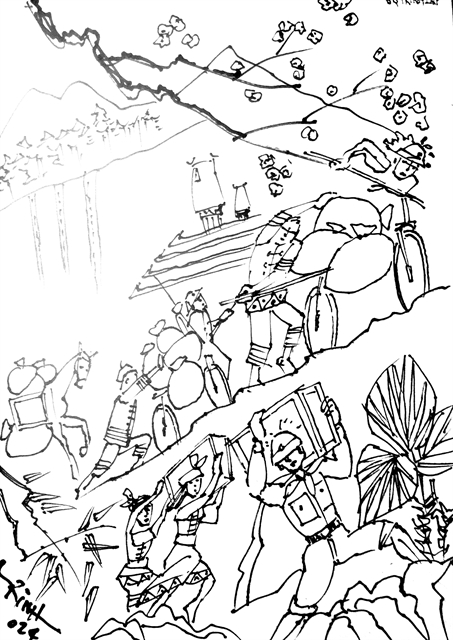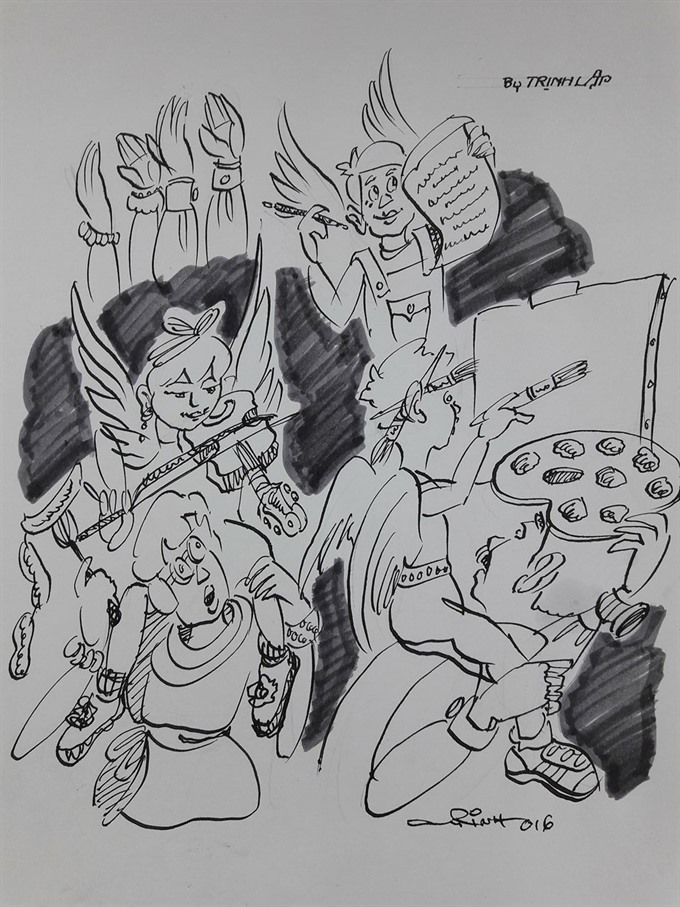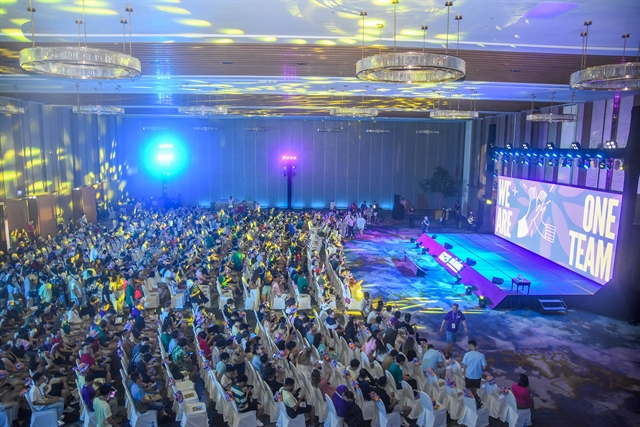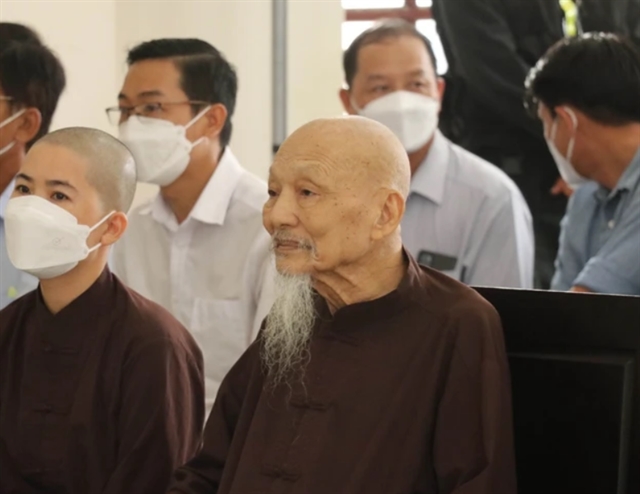 Talk Around Town
Talk Around Town

 |
By Nguyễn Mỹ Hà
We ran a small news item this week about Evan Le, a Vietnamese-American piano genius, performing in HCM City for the first time.
I have seen him on You Tube, performing live on Ellen de Generes and Steve Harvey’s Little Big Shots. His amazing talent has won the five-year-old gushing praise from all over the world, including pretty much all my friends online.
But I, for one, am not impressed. Let me explain.
I am not referring to the boy’s obvious talent. I just want to place that talent in context.
Once in a while, you can find a five-year-old genius in anything: math, piano, painting, languages or even poetry.
And when it happens, I, like many others, enjoy reading about it.
If it happens once or even twice a year, it’s okay as the child needs to be complemented as encouragement for time spent on learning something, say for a semester or a summer, and displaying surprisingly prodigious talent.
But I do not support having the child being interviewed like an adult. I do not support that he or she is made to play, sing or perform at more than two venues a year.
Call me conservative, but I think we should not lose sight of the fact that between three and five, their pre-school days, children are at a tender age, endlessly curious about the world around them, and experimenting all the time with their senses. They want to touch, smell, taste and hear things for themselves.
But this curiosity has to be managed so that they don’t go overboard and harm themselves. At this age, parents, or other responsible adults, have to be there, all the time.
So when they say or do something precocious, the reaction of the people around can trigger their enthusiasm for continuing in that vein, or discourage them. This reaction will depend on whether the child said or did anything rude, for instance, using a swear word that kids normally wouldn’t hear or use.
This is also an age when the kids develop their imagination and fantasies, and they might not sort these out very well, especially if they are influenced by adults in ways that encourage this confusion, because it is “cute” or something else.









